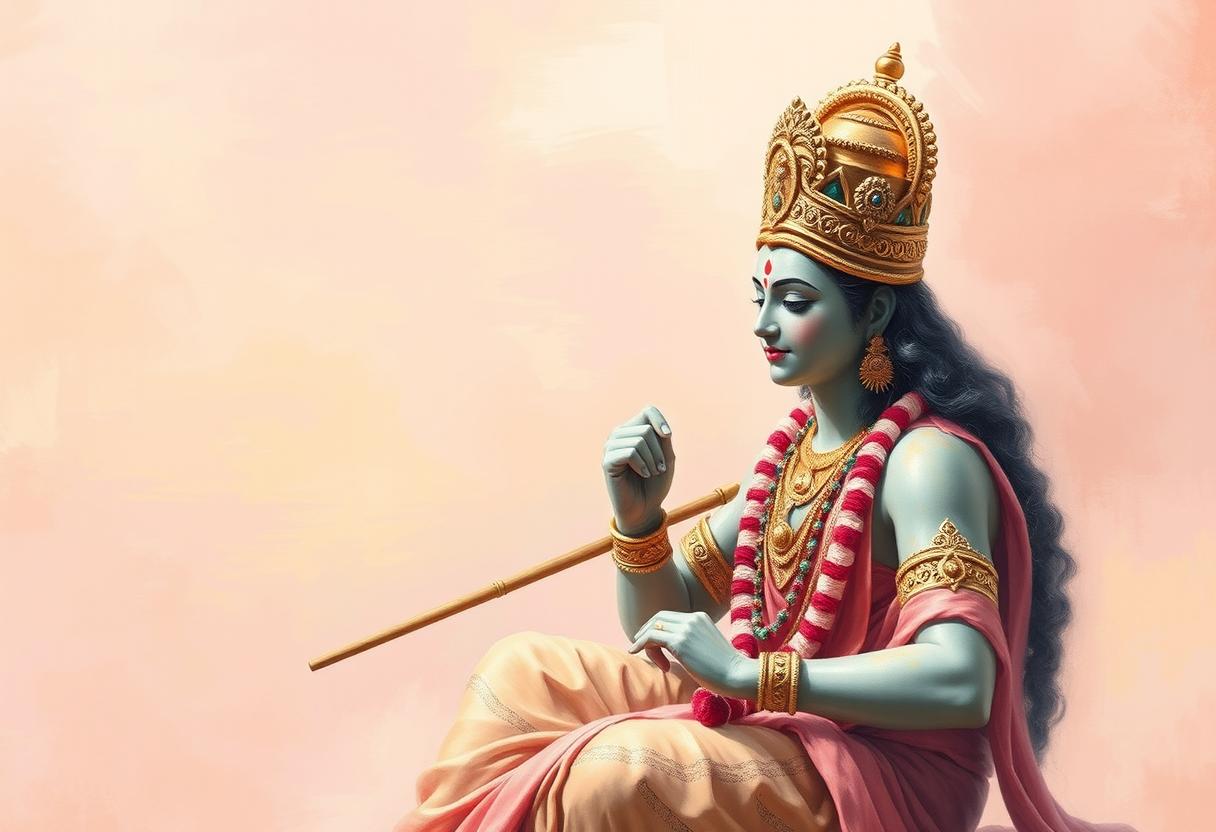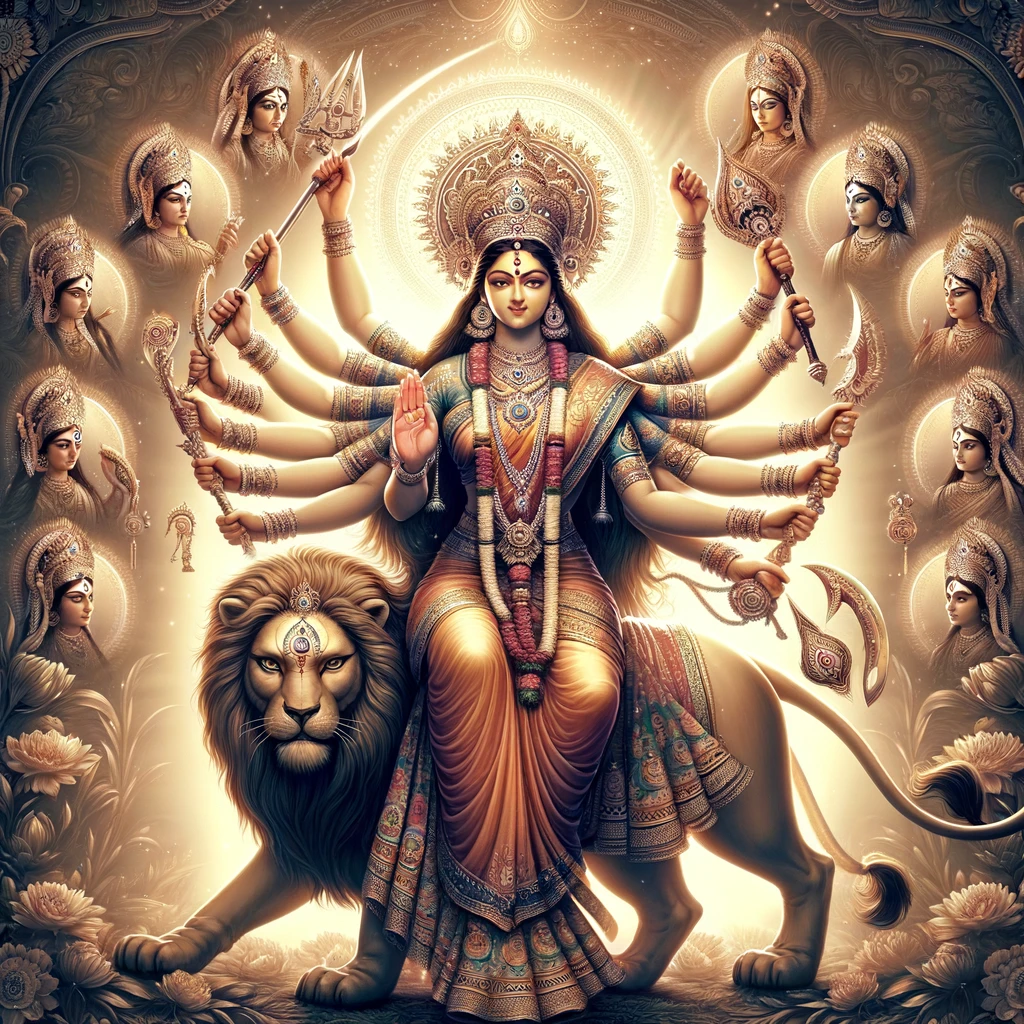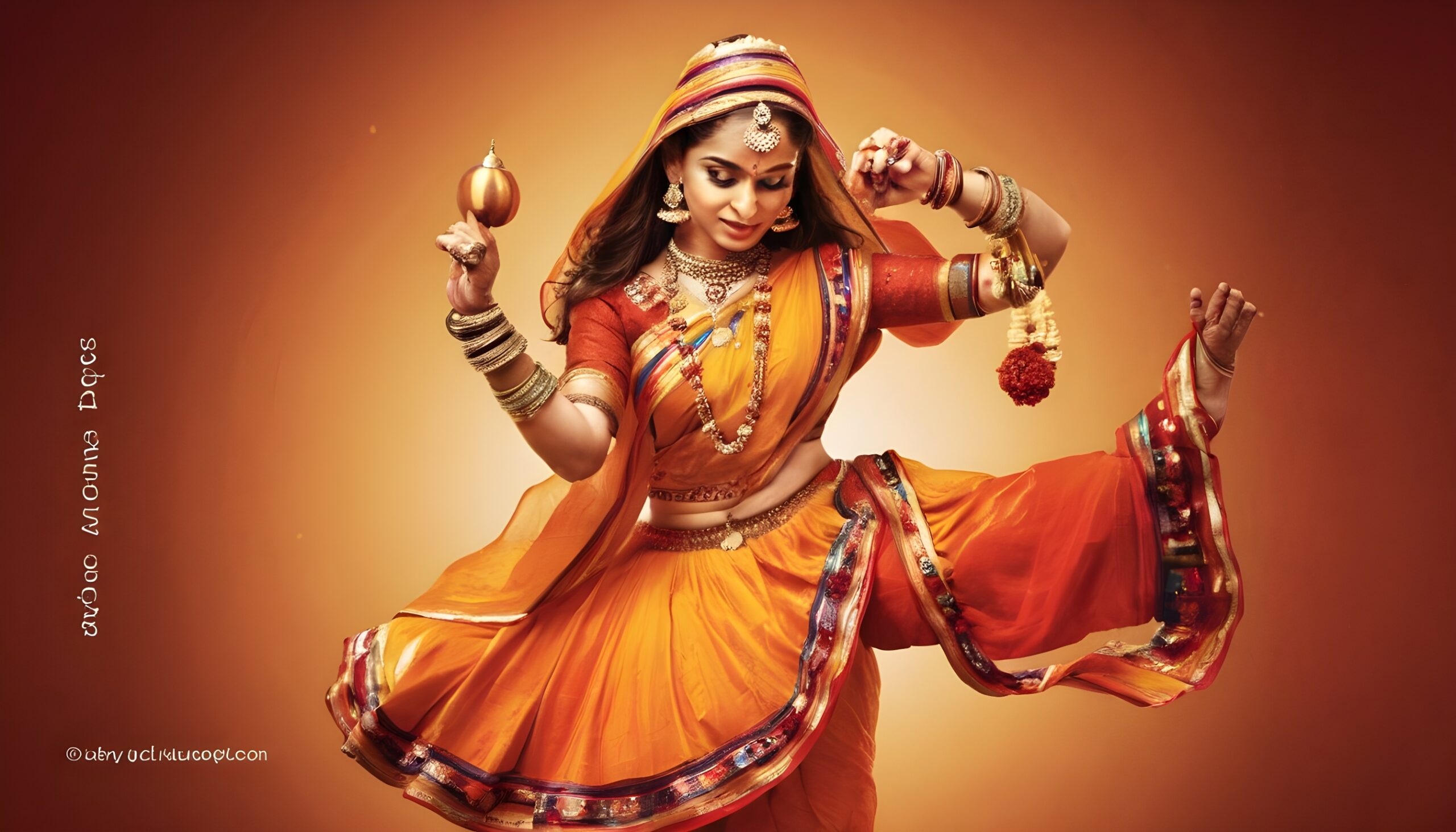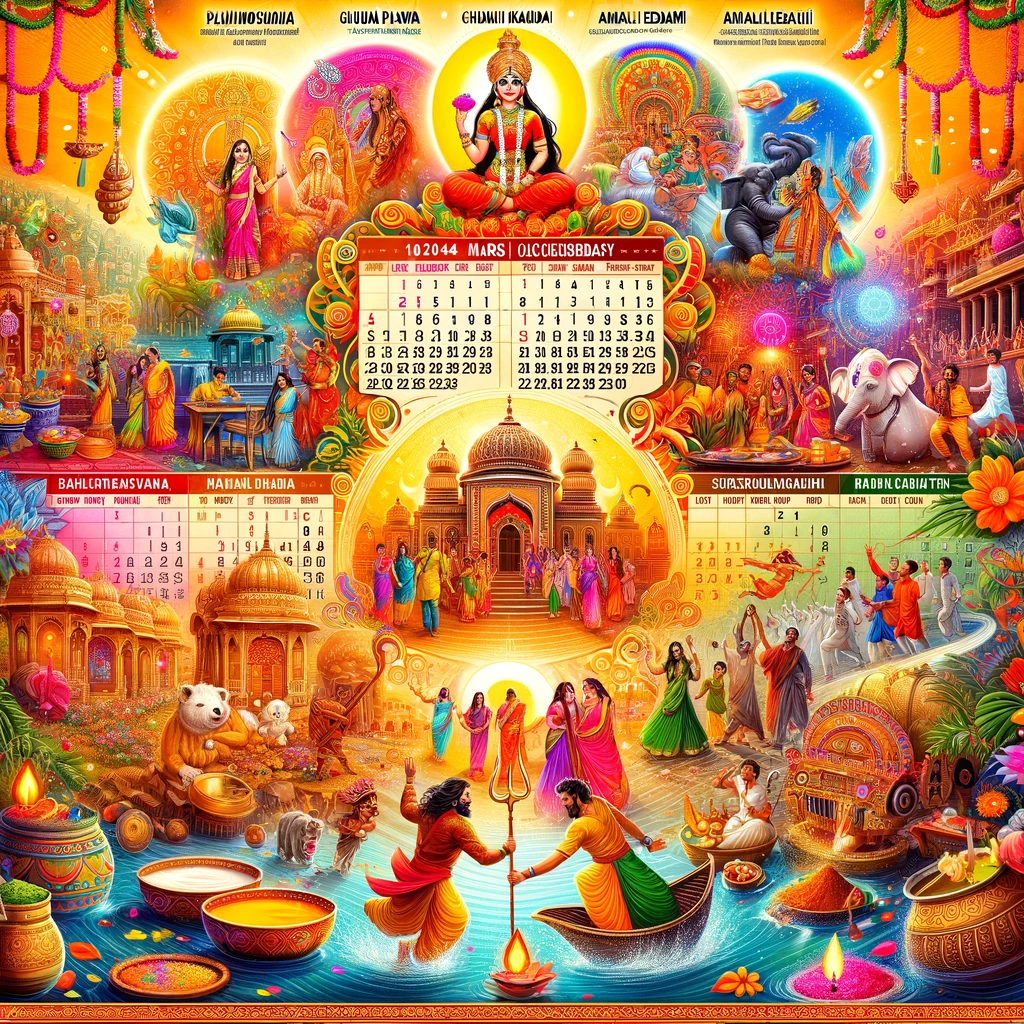
Janmashtami marks the divine appearance of Krishna, the eighth avatar of Lord Vishnu, who is believed to have taken birth to restore righteousness (Dharma) and vanquish evil (Adharma). Janmashtami is observed with great devotion, especially in states like Uttar Pradesh, Gujarat, Maharashtra, and other parts of the country. In 2024, Janmashtami holds a special significance as it is set to be observed over two days.
When is Janmashtami 2024?
In 2024, Janmashtami will be celebrated on the 26th and 27th of August. The dual celebration arises due to the overlap of the Ashtami Tithi (eighth day of the lunar fortnight) and Rohini Nakshatra, which are both considered highly auspicious for Krishna’s birth. This phenomenon often leads to the festival being observed over two consecutive days.
Shubh Muhurat for Janmashtami 2024
The most auspicious time to perform the Janmashtami puja is during the Nishita Kaal (midnight), which is believed to be the time when Lord Krishna was born. The Shubh Muhurat for Janmashtami puja in 2024 is as follows:
- Ashtami Tithi Begins: 11:49 AM on 26th August 2024
- Ashtami Tithi Ends: 01:56 PM on 27th August 2024
- Rohini Nakshatra Begins: 02:37 AM on 26th August 2024
- Rohini Nakshatra Ends: 05:04 AM on 27th August 2024
- Nishita Kaal Puja Time: 11:43 PM on 26th August 2024 to 12:28 AM on 27th August 2024
Devotees perform the puja during this time, offering prayers, bhajans, and various offerings to Lord Krishna, seeking his blessings for prosperity and happiness.
Is Janmashtami Celebrated for Two Days in 2024?
Yes, Janmashtami in 2024 will be celebrated over two days. This two-day observance occurs due to the specific alignment of the Ashtami Tithi and Rohini Nakshatra, along with the sunrise and moonrise timings. Different sects and regions may follow different customs, leading to the festival being marked on both days.
Why is Janmashtami Celebrated Over Two Days?
The celebration of Janmashtami over two days can be attributed to a few reasons:
- Vaishnava Tradition vs. Smarta Tradition: In Hinduism, different sects like Vaishnavas (followers of Lord Vishnu) and Smartas (followers of the Smriti scriptures) sometimes observe festivals on different days based on their own calculations and traditions. Vaishnavas generally observe Janmashtami on the day when Ashtami Tithi prevails at midnight, while Smartas may observe it on the day when Ashtami Tithi and Rohini Nakshatra coincide.
- Timing of the Moonrise: The exact time of moonrise on Ashtami Tithi is crucial for determining the Janmashtami celebrations. In some years, the Ashtami Tithi starts or ends at different times in different regions, leading to the festival being celebrated over two days.
- Devotees’ Preference: Some devotees prefer to observe fasts and perform rituals on both days to ensure they do not miss the exact moment of Lord Krishna’s birth, which may vary slightly depending on astrological calculations.







